Do you enjoy drinking bottled water? You’re not alone. Across the world, millions of people drink bottled water every day.
For the industry, sales are booming. But all that comes at a huge price, according to a new report published by the United Nations on Thursday.
Let’s take a closer look:
Who is buying bottled water and why?
The report entitled Global Bottled Water Industry: A Review of Impacts and Trends was published by the United Nations University Institute for Water, Environment and Health.
The study showed business is booming.
It pegged global bottled water sales at $270 billion and 350 billion liters.
The report said the Asia-Pacific region comprises around half the global bottled water market, and the Global South countries comprise 60 per cent.
While the USA, China and Indonesia account for half the global market, Germany is the biggest buyer of global water in Europe.
The Global North and the Global South also have different reasons for buying bottled water.
In the Global North, bottled water is considered a healthier and tastier alternative to tap water. In the Global South, people buy bottled water to make up for the lack of access to clean, reliable tap water.
So, what’s the problem?
For one, hundreds of millions of people still don’t have access to clean tap water.
The report said universal access to safe drinking water for all is ‘significantly off track’ and that the continued growth of the bottled water market only diverts time and energy from this task.
Quick Reads
View AllResearch also showed that half of what the world pays for bottled water annually would be sufficient to ensure clean tap water access for hundreds of millions of people without it – for years.
Also, the claims about bottled water don’t live up to the hype.
According to the study, contaminants have been found in hundreds of bottled water brands in more than 40 countries, often exceeding local or global standards.
“The perception is that bottled water is the healthiest option," lead author Zeineb Bouhlel told AFP.
“But we’ve shown that this is not necessarily the case, and people are paying a lot more for bottled water, from 150 to 1,000 times higher than for a liter of tap water," she said.
“This perception is fueled by the corporations that promote bottled water as a pure product,” Bouhlel, a researcher at UN University’s Institute for Water, Environment and Health, told CNN.
However, the study’s Canada-based authors flag that a misconception around the safety of both tap and bottled water plays a major role in individuals’ preferences.
According to Down To Earth, the report noted how groundwater, which around two billion people depend on as their primary source, remains the main supply for bottled water.
The report cited how bottled water companies across the world are consuming groundwater – Nestlé Waters removed three million litres a day from Florida Springs in the US, while Danone pulled out up to 10 million litres a day from Evian-les-Bains in the French Alps.
The report said this has brought risks such as “uncontrolled groundwater withdrawal for bottling," which could eventually lead to groundwater depletion or scarcity, the authors said.
The report added that in certain instances, companies extracted groundwater in excess of the amount that could be refilled by nature.
“Fifteen percent of all extracted groundwater is non-renewable,” the report stated, as per Down To Earth.
The report, noting that global bottled water sales were expected to surge by 2030, urged policymakers to keep up.
The reports’ authors also called for more transparency and legal measures that would compel bottled water companies to publicly disclose water volumes extracted and assess the environmental consequences of their activities.
Bottled water is bad for the environment, the study noted.
Some 600 billion plastic bottles are produced each year, amounting to approximately 25 million tonnes of plastic waste.
A shift in drinking habits away from bottled water would also lead to a big drop in plastics waste, as an estimated 85 percent of bottles end up in landfills, the report says.
Some companies are trying to come up with biodegradable alternatives.
But Judith Enck, an ex- Environmental Protection Agency administrator and president of the group Beyond Plastics, doesn’t offer much hope.
“The truth is most bio-based plastics are not biodegradable,” she told CNN.,
“The one true solution to the plastic pollution crisis is reducing the production and use of single-use plastics” altogether, she added.
Vladimir Smakhtin of the UN University’s Institute of Water Environment and Health in Hamilton, Canada, said that two billion people still do not have access to safely managed drinking water.
The situation is worst in Sub-Saharan Africa, and globally it is compounded by the continuing expansion of bottled water markets, which he argued distracts attention and resources from public water systems development.
“If you really need to prepare yourself for a warmer future, you need a reliable water supply in your house for everyone,” Smakhtin told CNN. “If you don’t have that, you are more vulnerable to increase in temperatures. Bottled water will satisfy the thirst, but it will not provide a sustainable solution.”
There has been some progress, with 74 percent of the world’s population in 2020 using safely managed drinking water, up from 62 percent in 2000.
But “we are significantly off-track" to meeting a UN target of making drinking water universally available by 2030, said Smakhtin, a co-author of the report, adding that “the current trend is not sustainable."
“We must try to invest more in public water supplies to provide people with stable reliable water rather than bottled," he said.
With inputs from agencies
Read all the Latest News, Trending News, Cricket News, Bollywood News, India News and Entertainment News here. Follow us on Facebook, Twitter and Instagram.


)
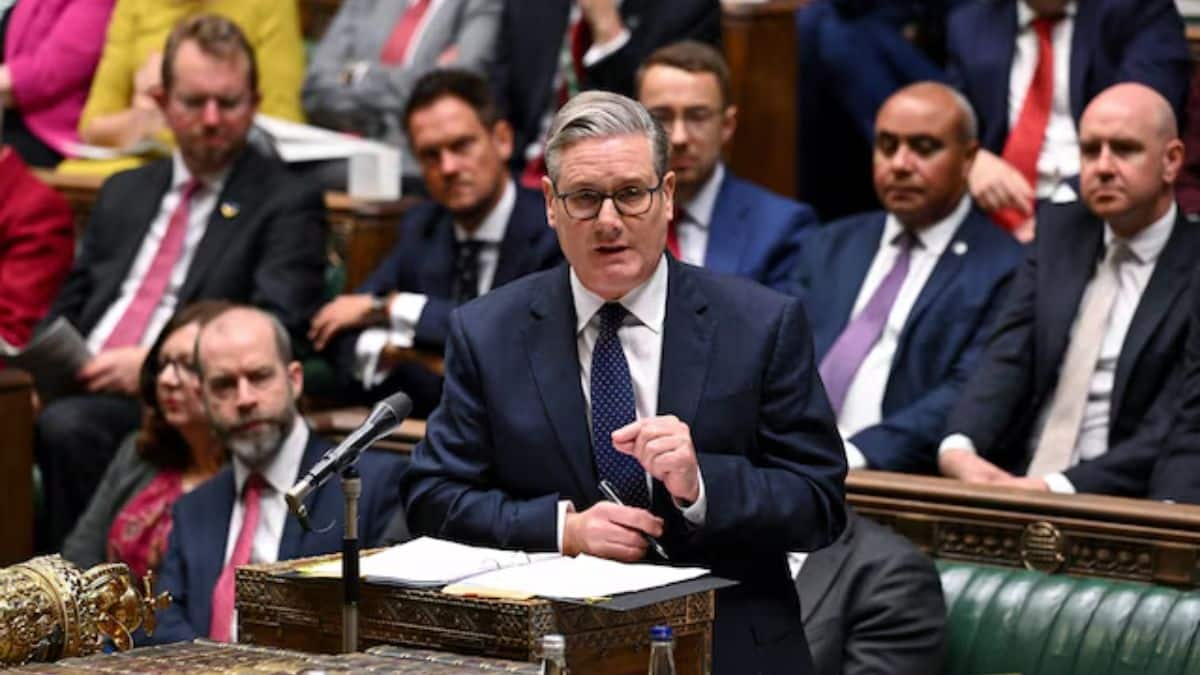
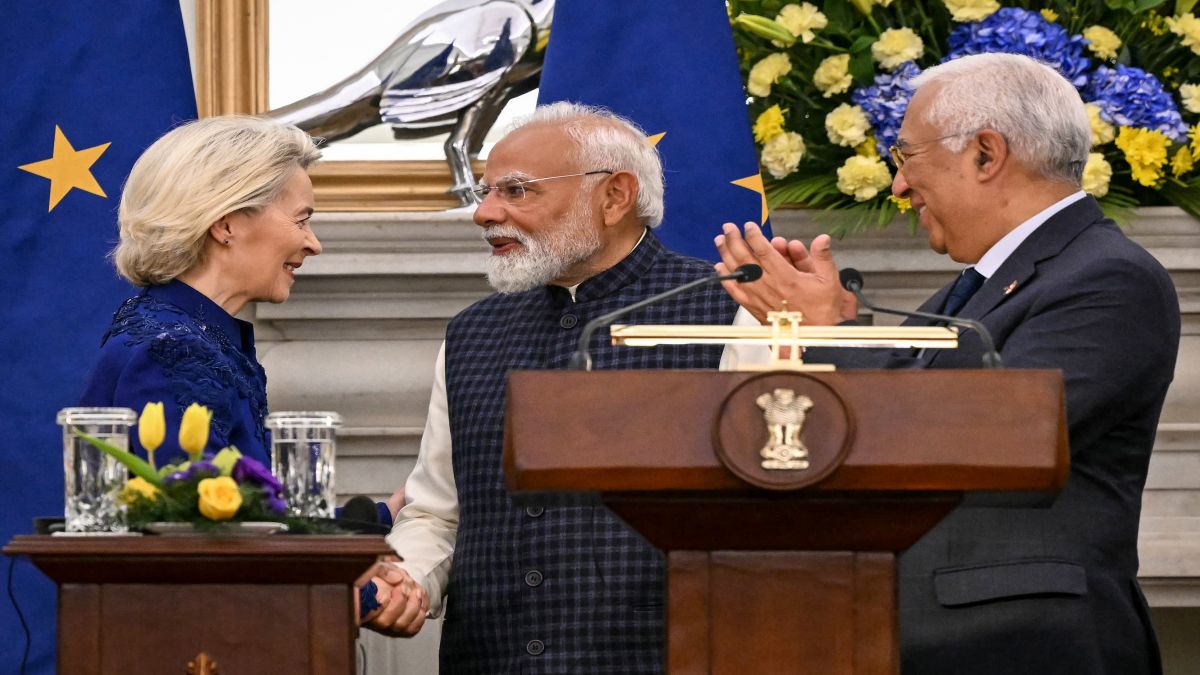)
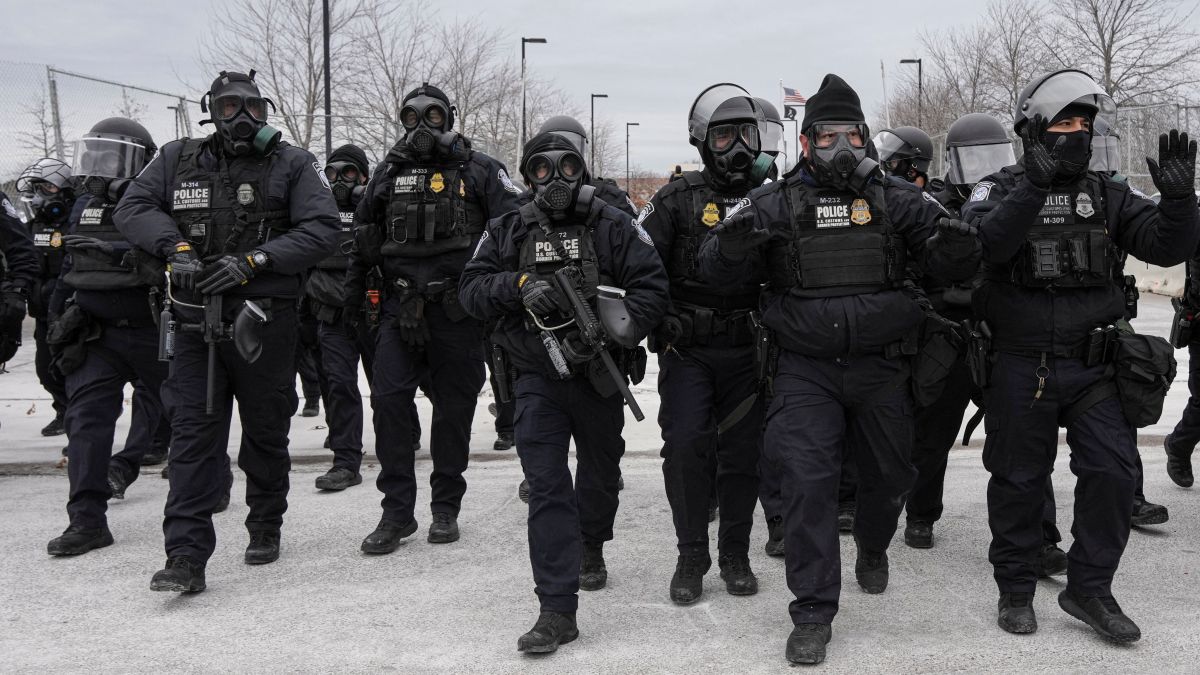)
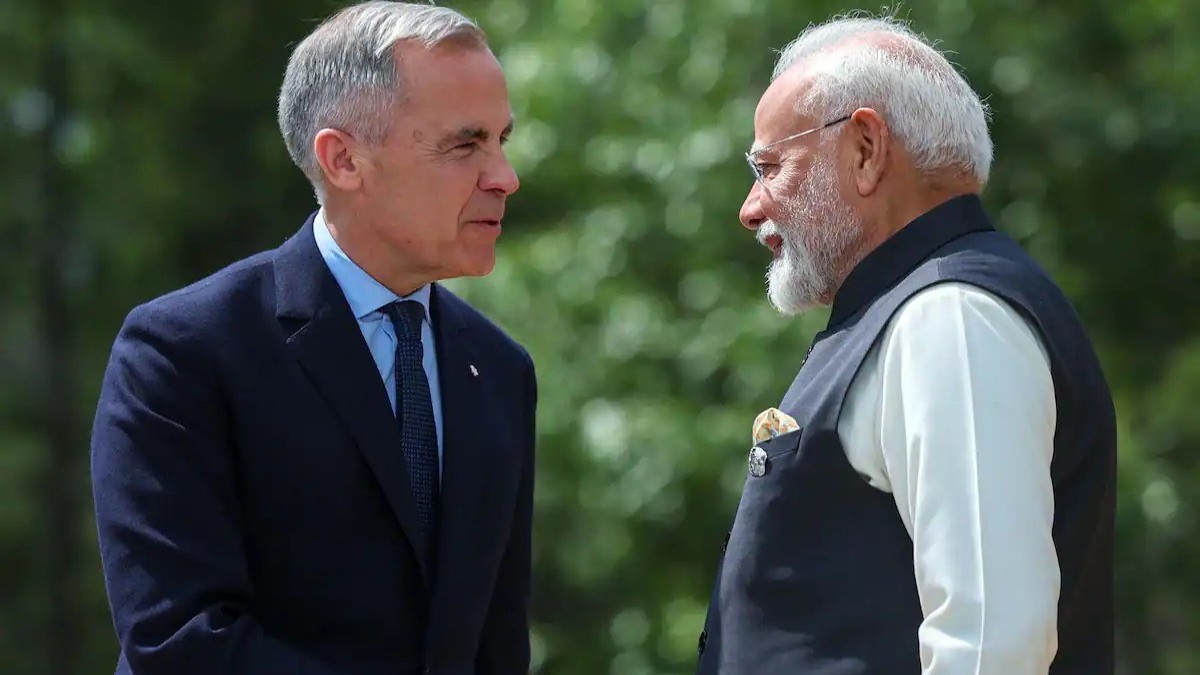)
)
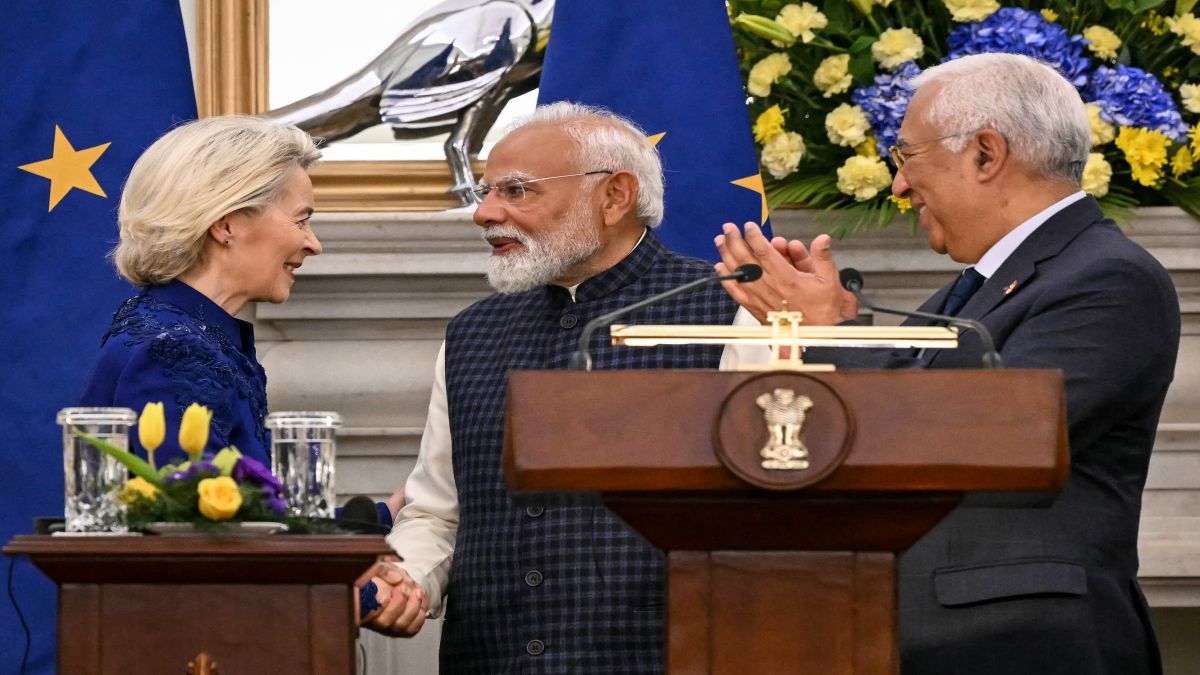)
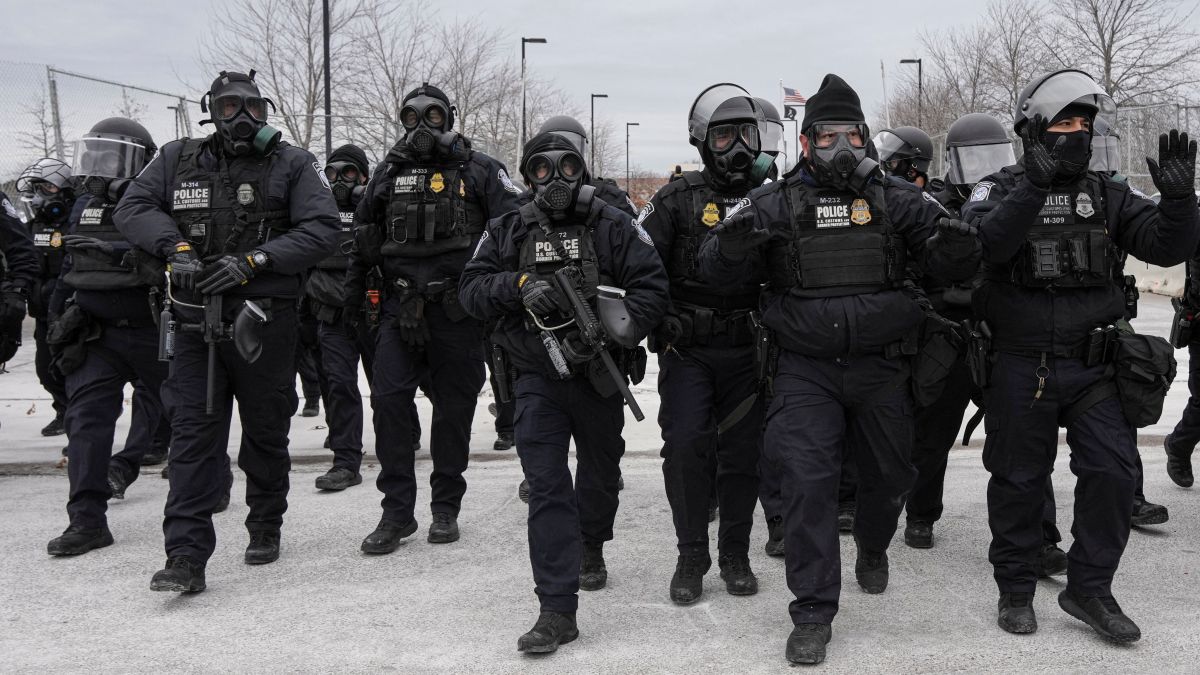)
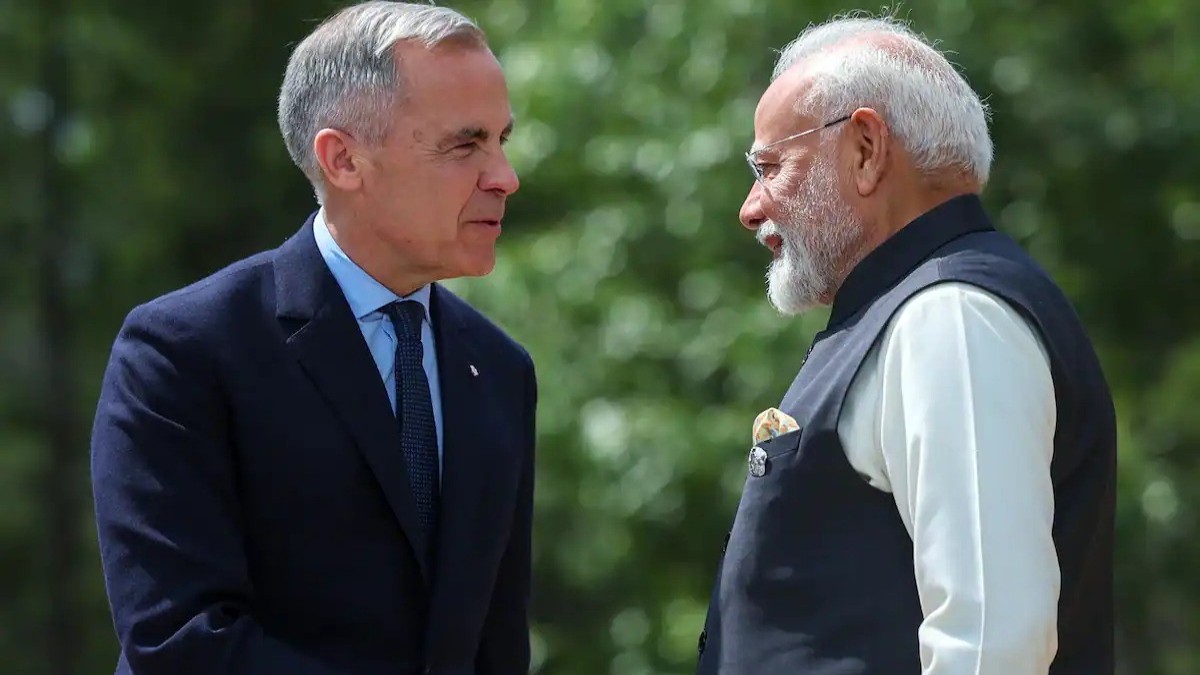)
)



